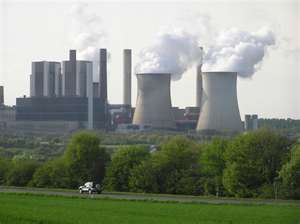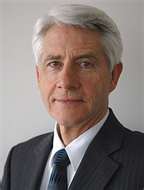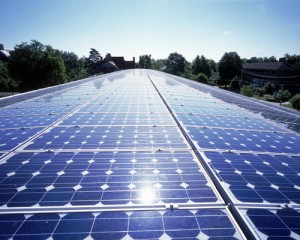 At the suggestion of Slovenian colleagues, James Hansen has written to the President and members of the National Assembly of the Republic of Slovenia urging them to deny a state guarantee for a proposed European Investment Bank loan to fund a new lignite-fired power plant in their country.
At the suggestion of Slovenian colleagues, James Hansen has written to the President and members of the National Assembly of the Republic of Slovenia urging them to deny a state guarantee for a proposed European Investment Bank loan to fund a new lignite-fired power plant in their country.
He points out that they are considering a decision which will have significant effects, some irreversible, upon the world that today’s young people and future generations inherit. Such a strong statement, he says, however unlikely it may seem at first glance, is a clear conclusion of the most advanced climate science. That science he proceeds to summarise in his letter, and to describe in more detail in an attached paper The Case for Avoiding Dangerous Climate Change to Protect Young People and Nature.

 A
A  “The land we call our home, the land owned by this sweet funny brave people is being transformed, as is the rest of the planet. And yes, since the late eighties I have been an unapologetic believer in the grim reality that human activity is changing the earth’s climate.”
“The land we call our home, the land owned by this sweet funny brave people is being transformed, as is the rest of the planet. And yes, since the late eighties I have been an unapologetic believer in the grim reality that human activity is changing the earth’s climate.” A pleasant surprise this morning to see across the front page of the Waikato Times the headline “
A pleasant surprise this morning to see across the front page of the Waikato Times the headline “